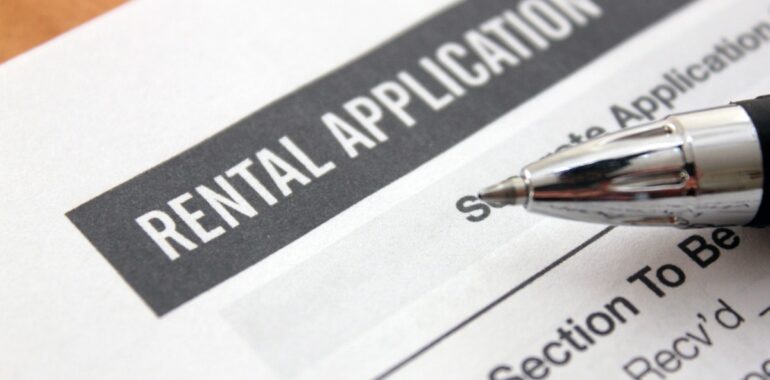By Jennifer Billock, Realtor
If you’re a landlord who owns an investment property (bravo, by the way!) and are looking for a new tenant, you need to get your rental space up to snuff—and you need to know your facts. Luckily for you, we’re here to help! Here’s the lowdown.
How much notice is required?
What are the rules for showing an apartment if someone is currently living there?
Typically, you must give your existing tenant at least 24 hours’ notice for an apartment showing.
Real estate agent Mihal Gartenberg, of Warburg Realty in New York City, says that most leases just state “reasonable” notice, but 24 hours is a good rule of thumb since “reasonable” can mean different things to different people. There also might be a city or county rental law that stipulates a certain amount of time, so be sure to check that as well as the current lease (if there is one) before scheduling any showings.
Kate Ziegler and Jack Romano, real estate agents with Arborview Realty in Boston, note that doesn’t mean last-minute showings shouldn’t be considered, though. If prospective renters request showings on short notice, you can always run that request by the current tenants to see if that fits into their schedule.
Check renters laws
Nearly every municipality has its own slate of rental regulations, and provides reference materials to renters when they move into a new place. Here’s something to keep in mind: Your renters don’t have to allow showings if they don’t want to.
“Tenants have the right to quiet enjoyment of their home and do not have to collaborate with the landlord unless it is in the contract,” Gartenberg says. “Even if it is, the tenant can prevent showings, so it’s best to maintain a good relationship with them.”
Also, remember to comply with all Fair Housing rules and regulations.
Ziegler and Romano recommend reading up on Fair Housing and local regulations if you’re planning to take on your own tenant search.
Even turning down a showing, let alone a rental application, based on race, religion, voucher status, or other protected classes can be a major liability for an owner or an agent.
Should the apartment be vacant or occupied for the showing?
This depends on whom you ask. Ziegler and Romano note that if an apartment is empty, it’s easier for potential tenants to imagine themselves in the space. But, Gartenberg says, an empty apartment can sometimes look smaller than it actually is.
“Just this weekend, I was showing an empty bedroom that has space for a king-size bed with nightstands,” Gartenberg says. “When one of the prospective tenants said the bedroom was small, I thought he was being sarcastic. It helps to show how and where furniture can fit inside a room.”
That being said, if someone lives there, you don’t have a choice in the matter. Luckily some tenants are neat and clean, and use the space well. But if they’re messy or have furnishings and decorations that overwhelm the space, it’s better to wait to show the space until they’ve moved out.
How to make an apartment look more appealing
There are a few tips to make an apartment look more appealing for showings. First and foremost, make sure it’s clean and uncluttered. That includes windowsills, baseboards, and bathrooms.
“A neat home and a clean home are not the same thing,” Gartenberg says, so make sure you’ve got both bases covered. You don’t want potential tenants to have to worry about hiring a cleaner the moment they move in.
The same goes for the exterior of the apartment or building. Clean up any trash, vacuum the entry hall, and make sure the lawn is manicured and the walkway is clear.
If you can show the apartment on a nice day, try to do that. If it’s winter and dreary outside all the time, make sure you take top-notch pictures for the listing. Open the blinds and turn off the lights, keep your reflection out of images, and capture multiple shots for each room.
“Remember that prospective tenants will first see the home on a screen,” Ziegler and Romano say. “First impressions and good images matter more than ever.”
Secure the space
If you have current tenants, make sure they’re aware of their belongings during showings. After all, you are going to have strangers poking around your home.
“Your tenants’ private things will be open to whoever comes into the home,” Gartenberg says. “Make sure they put away their valuables.”




